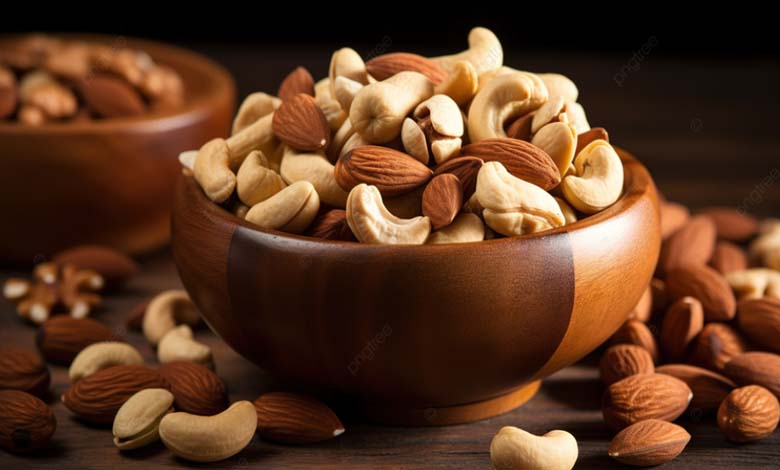Nuts: The Secret to Health and Fitness Despite Their High Calorie Content

For years, nuts such as almonds, walnuts, pistachios, and hazelnuts were seen as foods to be eaten sparingly due to their high calorie content. However, modern research has completely overturned this misconception. Today, science recognizes nuts as powerful allies for heart health, weight management, and even longevity.
A powerhouse of essential nutrients
Nuts are nutritional treasures packed with healthy fats, plant-based proteins, fiber, vitamins (notably E and B), and essential minerals such as magnesium, zinc, and potassium.
Their fats – mostly monounsaturated and polyunsaturated fatty acids – help reduce bad cholesterol (LDL) while maintaining good cholesterol (HDL), making them highly beneficial for cardiovascular health.
Walnuts, for instance, are rich in plant-based omega-3s (alpha-linolenic acid) that protect the heart and reduce inflammation. Almonds provide calcium and fiber, which are essential for bone health and digestion.
-
Top 3 Nuts for Burning Belly Fat in Ramadan
-
Nuts not recommended to be consumed raw… Contain toxic substances
High in calories, yet not fattening
Although nuts are calorie-dense (around 500–600 kcal per 100 g), these are nutrient-rich calories. Studies show that regular nut consumption does not lead to weight gain; in fact, it may reduce body fat levels.
This paradox is explained by their strong satiating effect and the partial absorption of their fats, as a fraction passes through the digestive system unprocessed. Moreover, chewing nuts takes time, naturally slowing down food intake and preventing overeating.
Protecting the heart and metabolism
Eating a handful of nuts daily has been linked to a lower risk of cardiovascular diseases, type 2 diabetes, and metabolic syndrome. Their antioxidants fight oxidative stress, slowing cellular aging.
According to research from Harvard University, individuals who consume nuts five times a week have a 25% lower risk of dying from heart disease.
-
A Handful of Almonds a Day: A Natural Ally for Blood Pressure, Sugar, and Triglycerides
-
Half a Cup of Almonds a Day: Natural Protection for Your Body’s Cells
Nourishment for the brain and skin
Nuts are rich in vitamin E, selenium, and essential fatty acids, which help preserve cognitive function, protect brain cells from aging, and keep the skin firm and elastic. Among older adults, regular nut consumption is even associated with better memory and a lower risk of dementia.
How to include nuts wisely
The ideal serving is a small handful per day (about 30 g), unsalted and unsweetened. They can be eaten raw, roasted, or added to meals – from salads and breakfast bowls to yogurt or savory dishes.
Natural nut butters, like 100% almond or peanut butter, are also excellent and convenient options for a nutrient boost.
-
Is Eating Almonds Daily Beneficial for Weight Loss?
-
The “Key to a Healthy Weight”: Three Types of Fiber to Include in Your Diet
Nuts embody the perfect blend of pleasure and health. Far from being dietary foes, they are silent protectors of well-being, supporting heart function, metabolism, and even mental performance.
Their secret lies in moderation and consistency – a daily handful may well be one of the simplest and most delicious habits for a long and healthy life.












